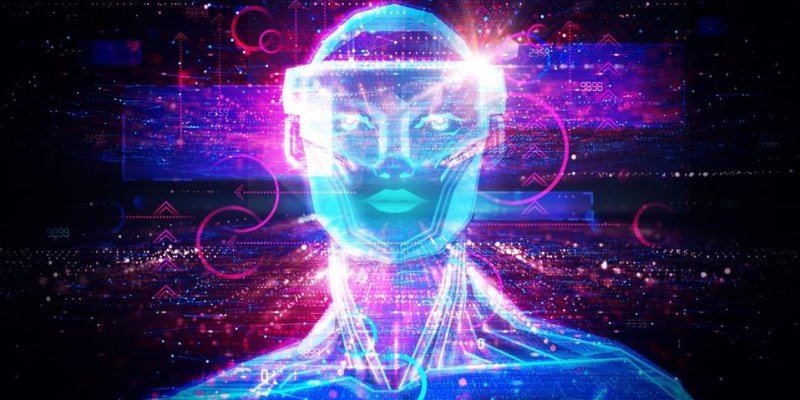
What is Web3?
Web3 is a term that refers to the third generation of the internet. It's a new version of the internet that builds on the foundations of the web we know today, but with a significant difference: it's decentralized.
In a traditional web or Web2, the internet is controlled by centralized entities such as tech companies, governments, and internet service providers. In contrast, Web3 is built on decentralized technologies such as blockchain, which enables a trustless, secure, and censorship-resistant environment.
Web3 is not just about cryptocurrencies, but a broader ecosystem of decentralized applications (dApps) that can operate autonomously and securely on the blockchain. These dApps provide users with complete control over their data and privacy, while at the same time eliminating intermediaries, reducing fees, and increasing efficiency.
One of the significant benefits of Web3 is that it eliminates the need for intermediaries in transactions. For instance, when you send money to someone via a traditional bank, the bank acts as a middleman to facilitate the transaction. With Web3, blockchain eliminates the need for intermediaries, allowing people to send money directly to one another.
Web3 also enables the creation of decentralized autonomous organizations (DAOs), which are self-governing entities that operate without any central authority. These organizations can hold and manage funds, make decisions based on a consensus mechanism, and operate transparently, allowing anyone to participate in decision-making.
Overall, Web3 offers a new paradigm of the internet, where users have complete control over their data, privacy, and transactions, and where decentralized applications can operate autonomously, transparently, and securely. Although Web3 is still in its early stages, it has the potential to revolutionize the internet and create a more equitable, decentralized, and democratic society.
Log in to add a comment